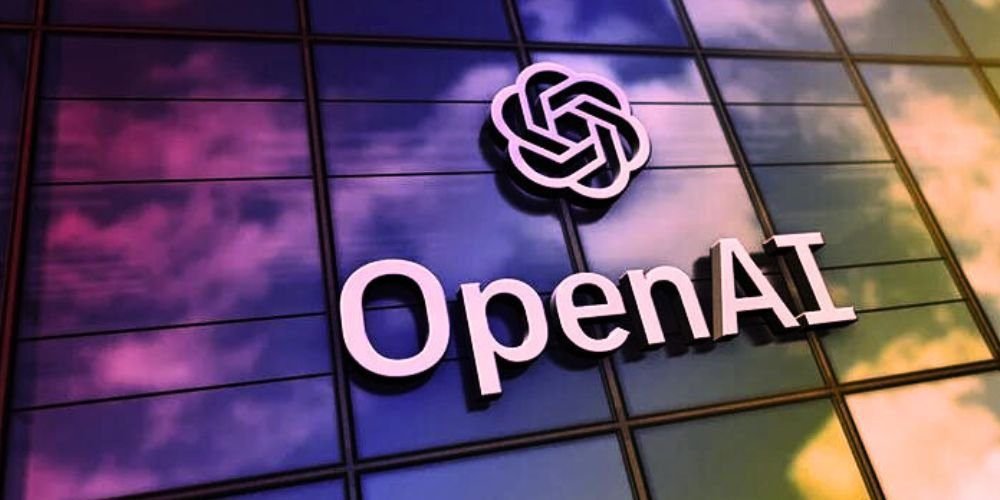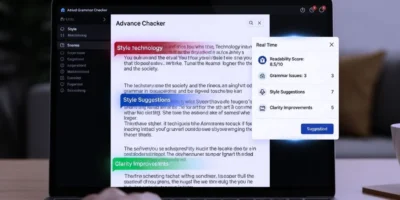OpenAI has rolled out GPT-5.1 today, marking the first major update to its GPT-5 model since it launched in August. The big news is that this new version aims to be much more conversational and “warmer by default,” according to OpenAI. Early tests show it can even surprise people with its playful side while still being clear and helpful.
This updated personality is particularly noticeable in GPT-5.1 Instant, the company’s most widely used model. They also released GPT-5.1 Thinking, a more advanced version designed for tackling complex tasks. Both models are now available to users with paid subscriptions, including Pro, Plus, Go, and Business. Free users and those not logged in will get access later, and Enterprise and Edu accounts will have a seven-day early access option before GPT-5.1 becomes the standard model for everyone.
OpenAI CEO Sam Altman called the new model a “nice upgrade.” He specifically praised the improvements in how it follows instructions, its “adaptive thinking,” and overall enhancements in intelligence and style. Altman admitted he was surprised earlier this year when people found GPT-5 less friendly than GPT-4. He had promised to make GPT-5’s personality warmer but not “annoying” like GPT-4o was for some.
GPT-5.1 delivers on that promise, letting users pick from six preset tones like Default, Friendly, Efficient, Professional, Candid, or Quirky. You can even fine-tune the personality yourself. OpenAI also says the model is “smarter” now, using “adaptive reasoning” to think through tough questions before answering, leading to more accurate responses without slowing down.
These model updates come as OpenAI continues to deal with copyright lawsuits. The New York Times sued the AI company in December 2023, claiming OpenAI trained its models on copyrighted work without permission and that ChatGPT sometimes spits out parts of articles word-for-word. OpenAI is now fighting a court order that demands they hand over 20 million ChatGPT conversations for the lawsuit. The Times believes these conversations might show users trying to get around paywalls.
OpenAI, however, argues this request ignores user privacy and breaks common security practices. OpenAI’s chief security officer, Jason Kwon, has even called for “AI privilege” to protect such conversations.













